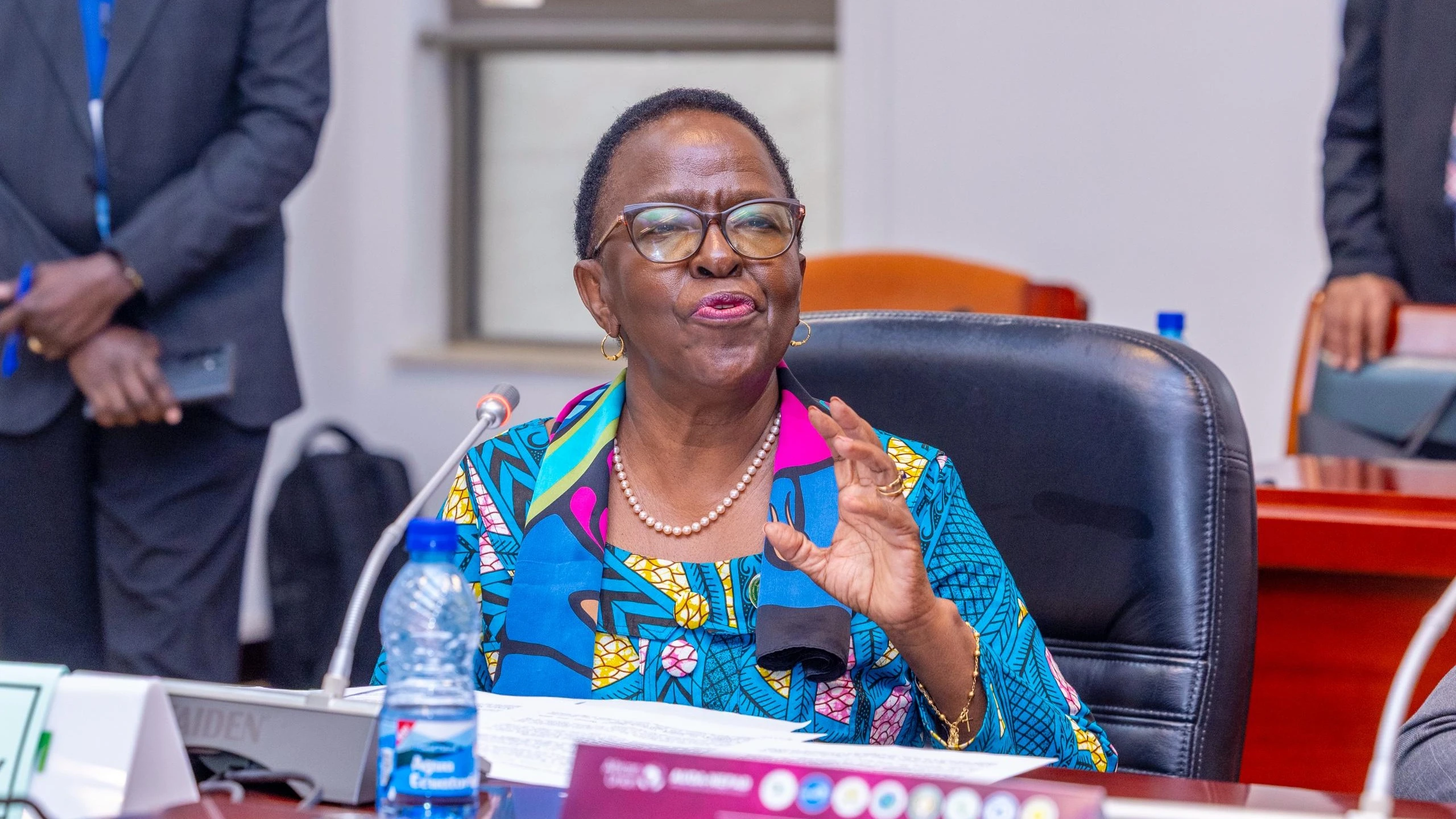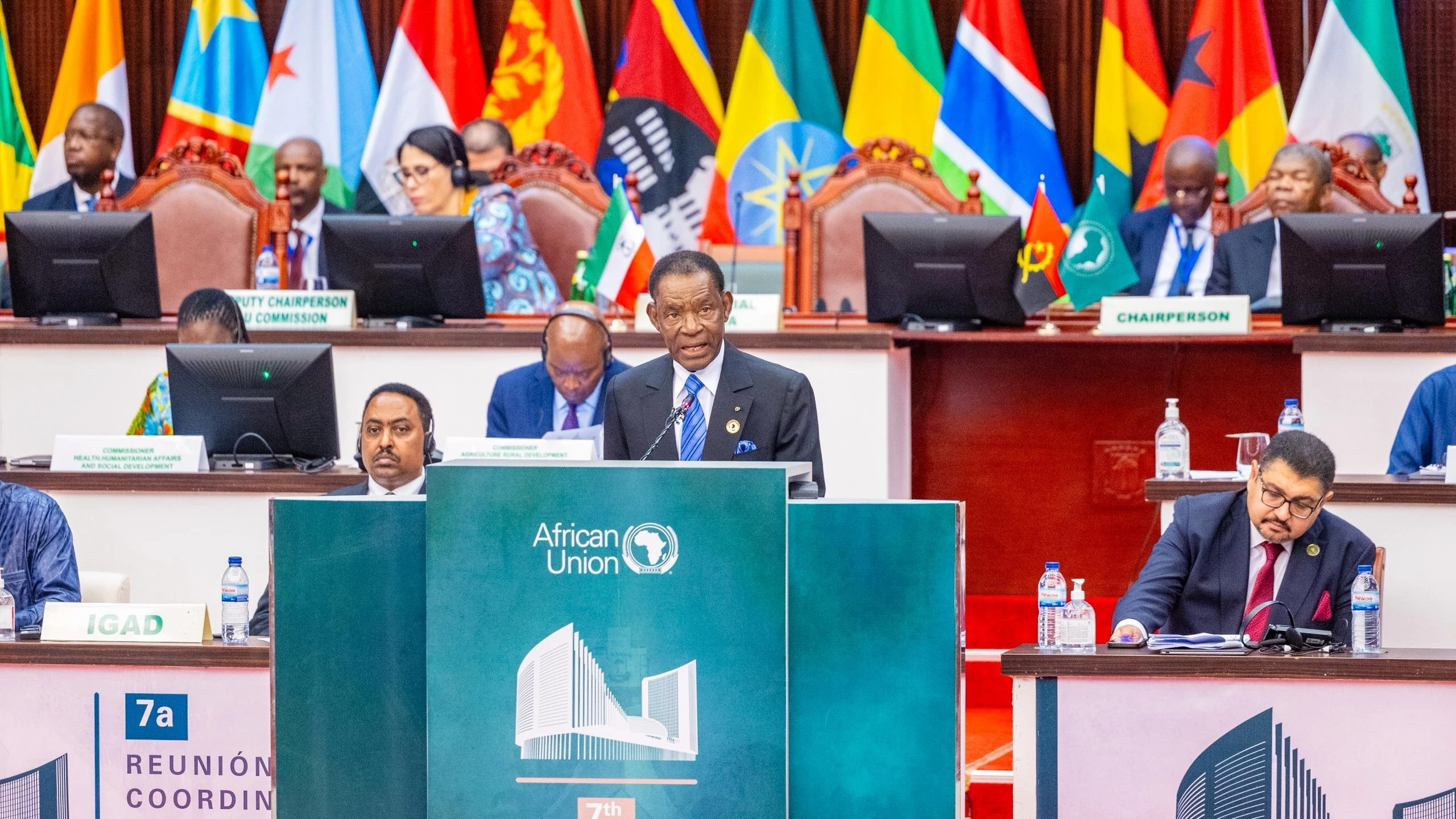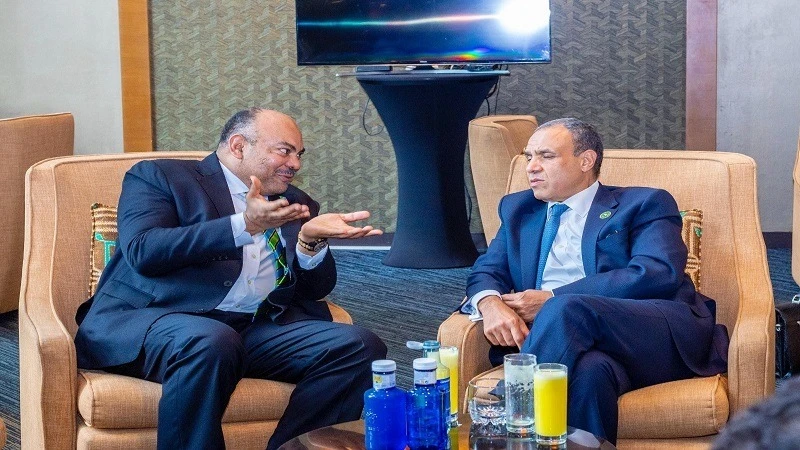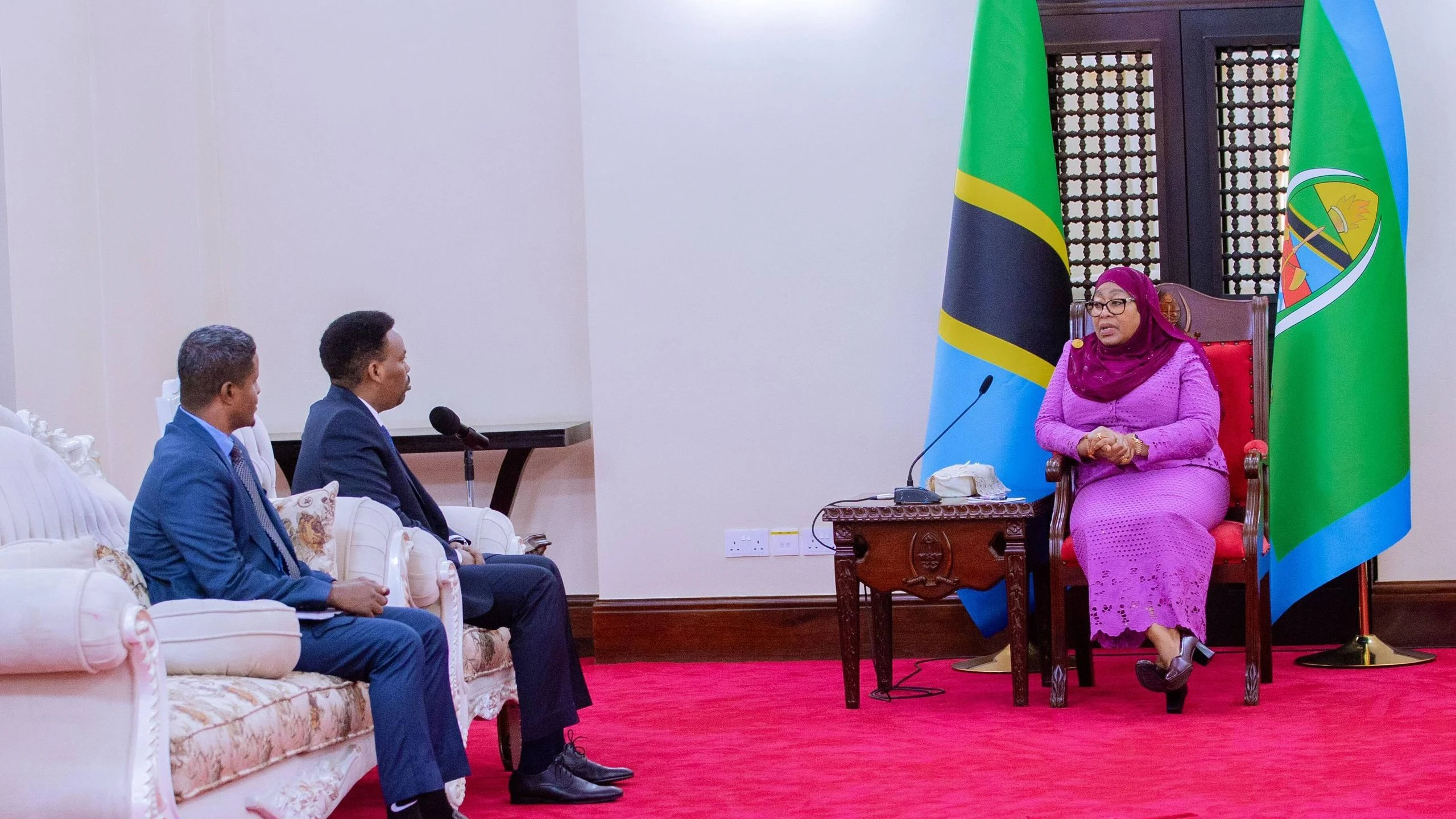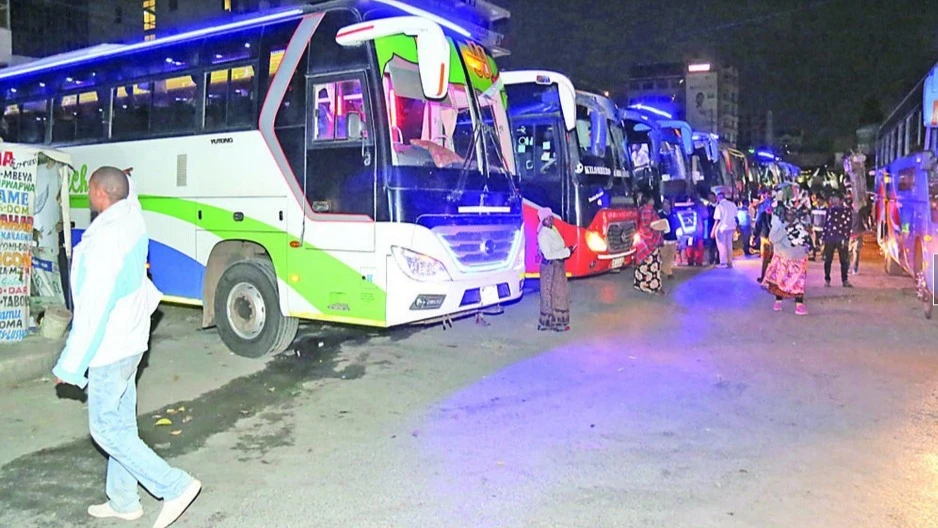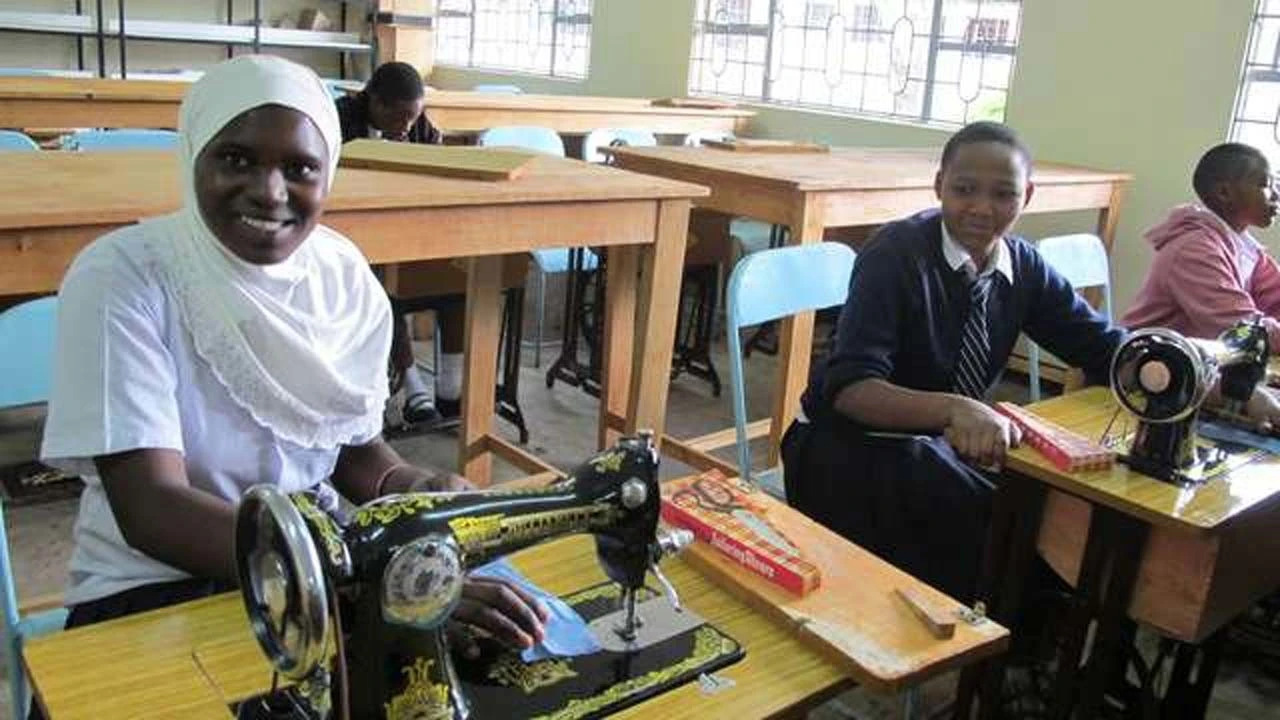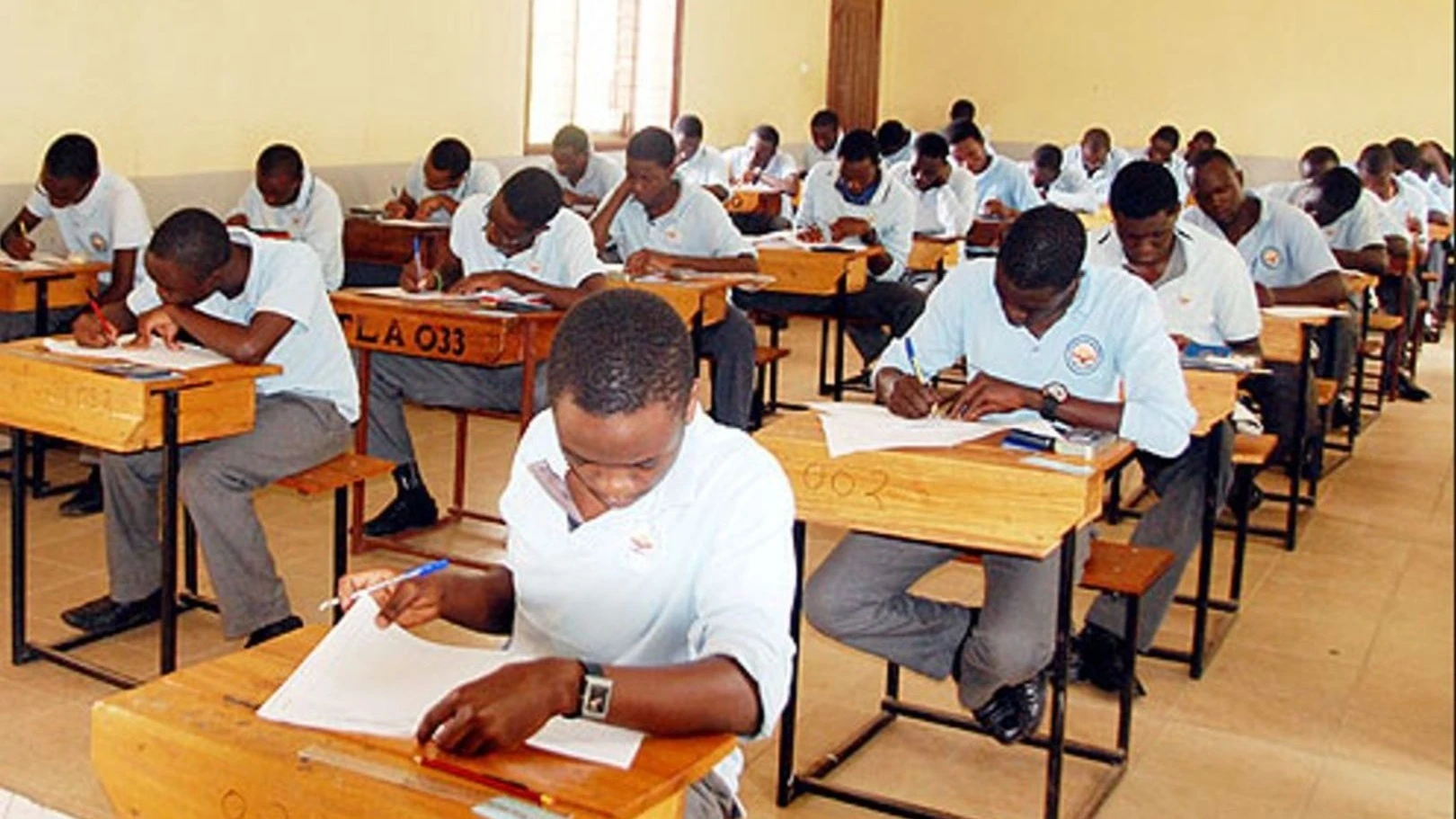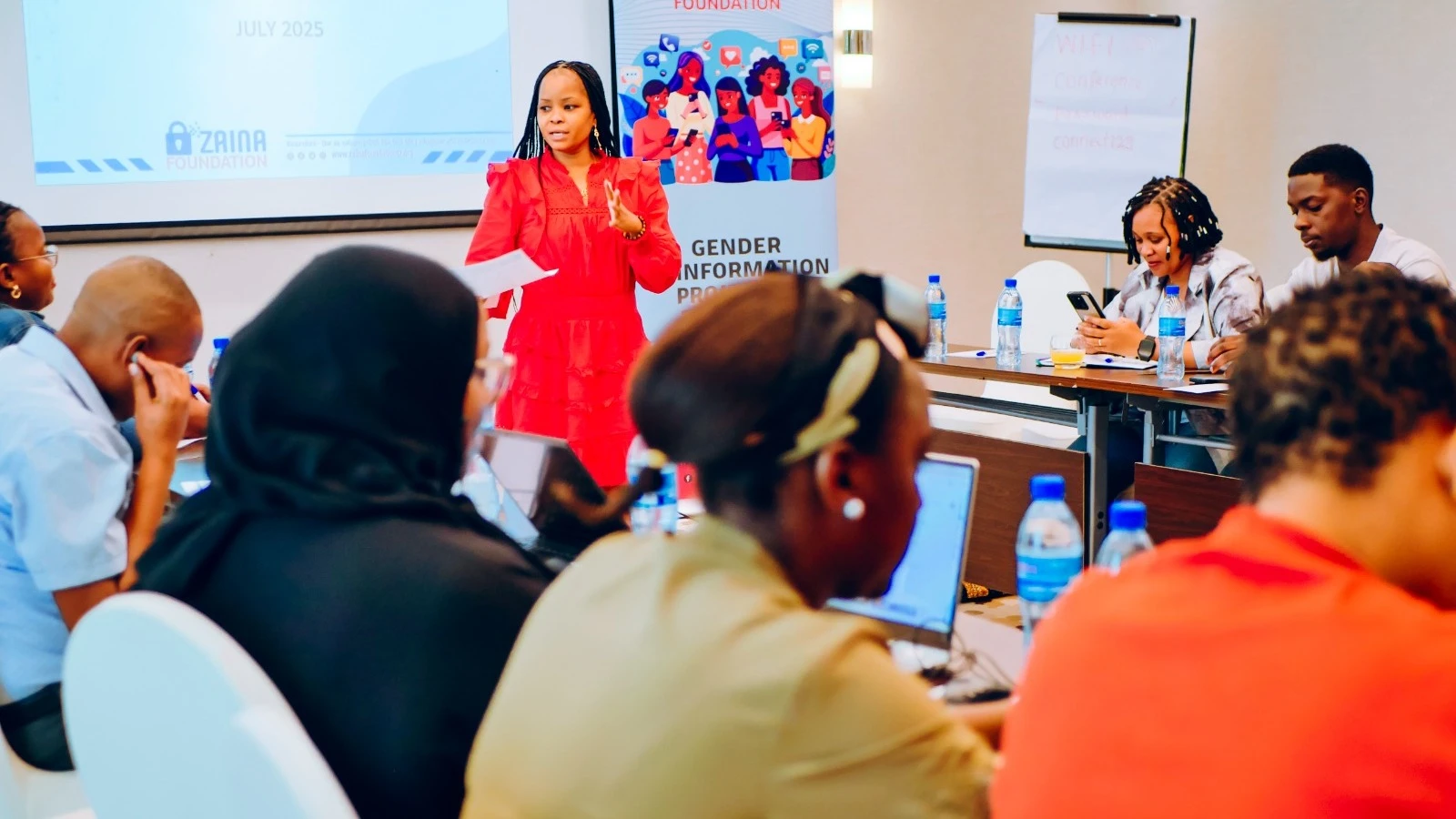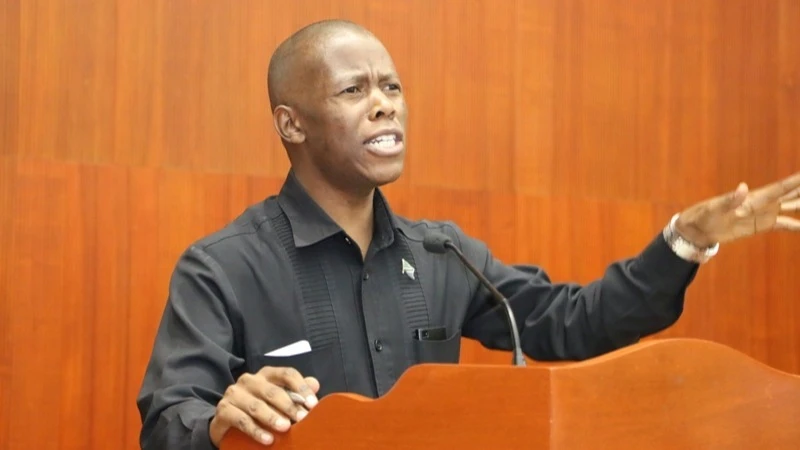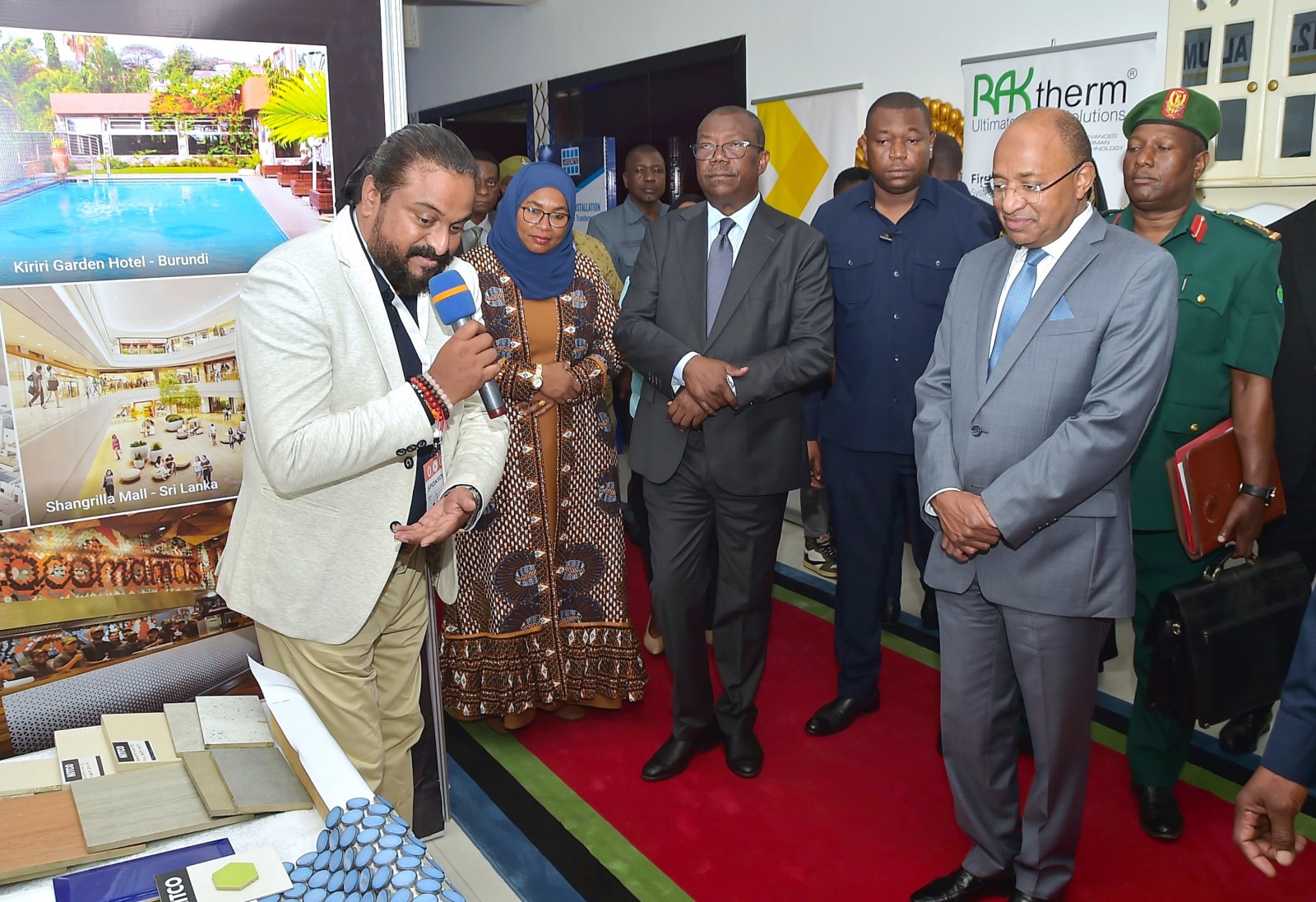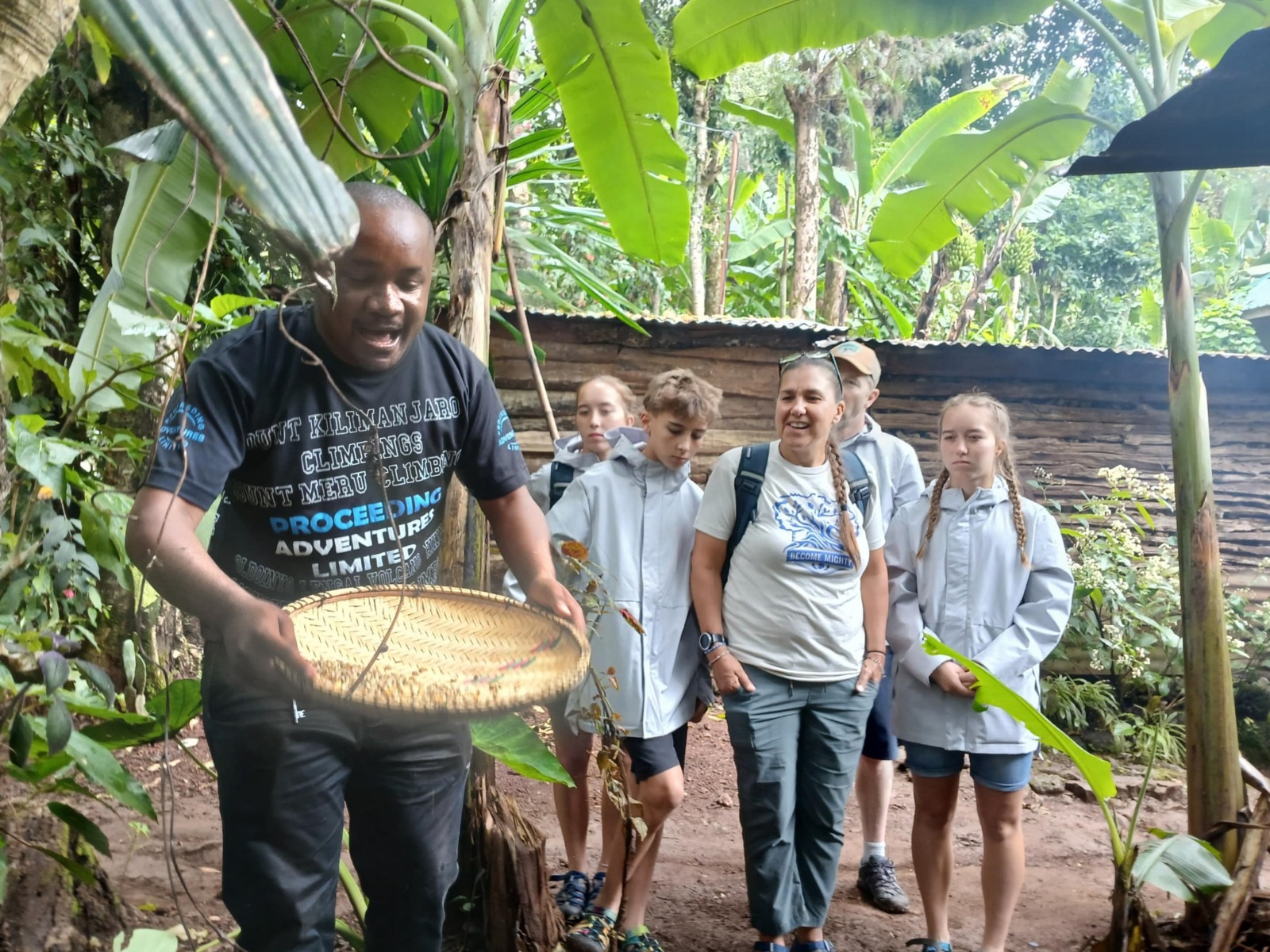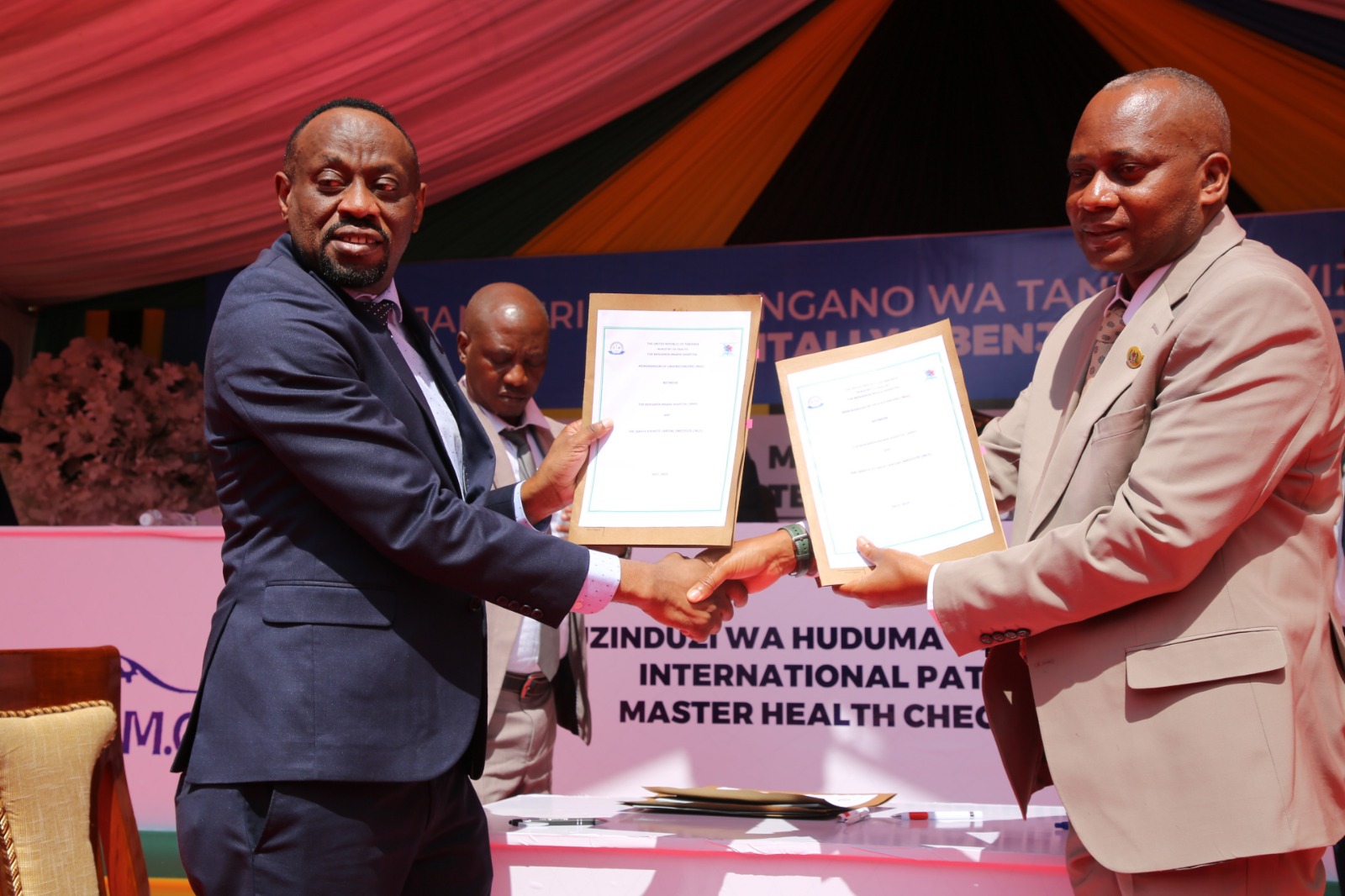Zaina Foundation launches a nationwide initiative to equip journalists with the tools
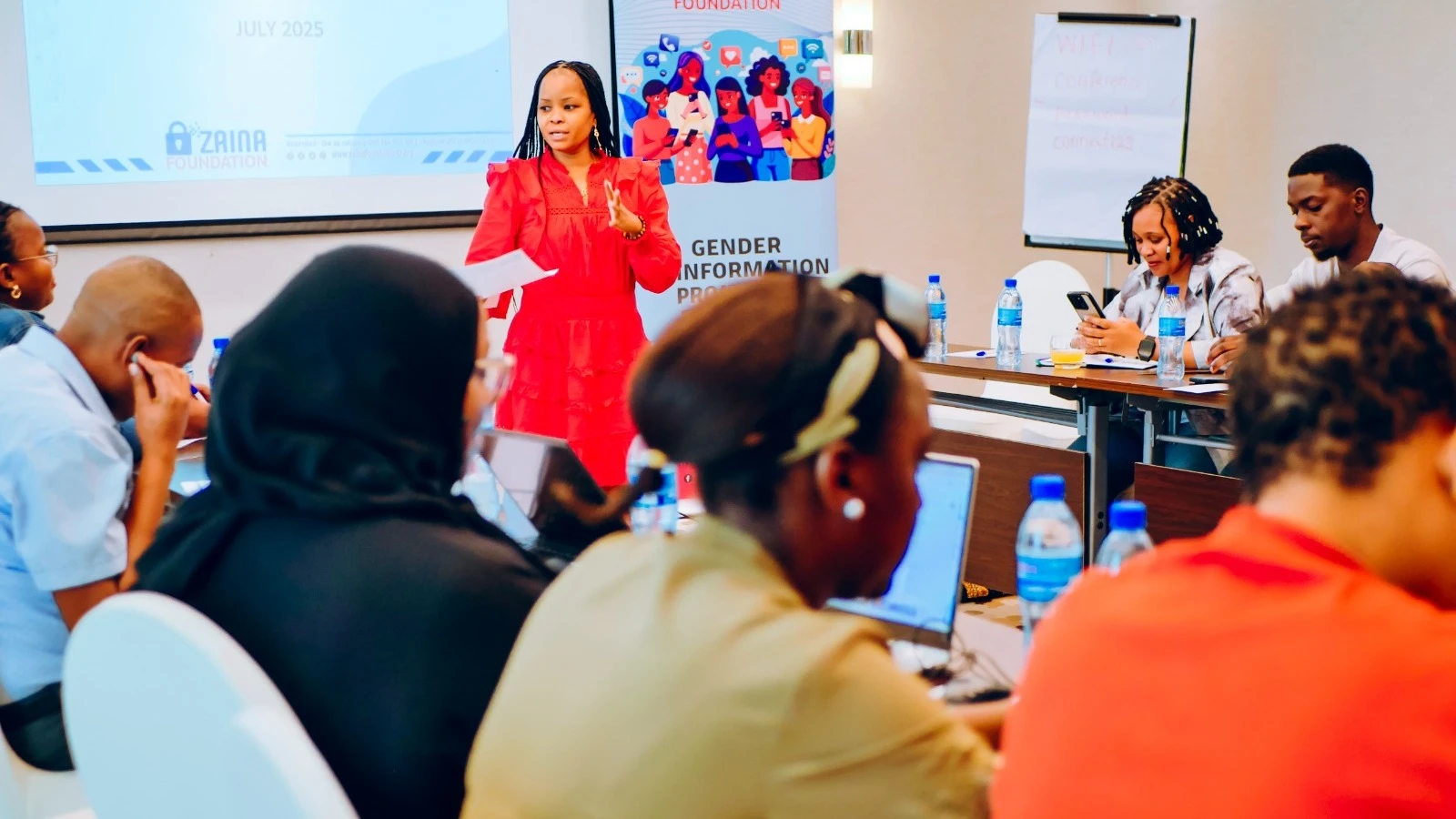
IN a bold move to combat gendered disinformation in Tanzania’s media space, Zaina Foundation has launched a nationwide initiative to equip journalists with the tools and knowledge needed to challenge online attacks against women.
The initiative is part of broader efforts to promote fair and inclusive participation ahead of the 2025 General Election.
The project, titled “Upholding Integrity: Countering Gender Disinformation in Tanzania’s Electoral Process,” was inaugurated over the weekend in Dar es Salaam through a capacity-building workshop aimed at equipping journalists and media professionals with practical tools to detect, report, and challenge harmful narratives targeting women.
Zaituni Njovu, executive director of Zaina Foundation, said the initiative responds to the growing wave of online abuse and disinformation that disproportionately affects women in public life.
“Women in politics and media are often the first to be attacked online through false and damaging content. This workshop is about building resilience—giving them the tools and knowledge to push back effectively,” she said.
The training covered topics such as digital literacy, online safety, media ethics, and legal awareness, while also focusing on crafting counter-narratives to debunk gendered disinformation.
William Kahale, the Foundation’s Policy and Legal Expert, underscored the urgent need for legal reforms. He noted that while Tanzania has multiple laws addressing cybercrime and media conduct—including the Cybercrimes Act (2015), the Media Services Act (2016), and the Online Content Regulations (2020)—none specifically address online gender-based violence (OGBV).
“There is no standalone legislation on OGBV in Tanzania.
Online Gender-based violence is a global phenomenon and a violation of human rights. Gender-based violence (GBV), when digitally enhanced and perpetuated through technological and electronic means, is considered online gender-based violence (OGBV).
The existing laws are either too general or lack clear definitions, which makes enforcement inconsistent and sometimes opens the door to misuse,” he said.
Standalone legislation refers to a specific law passed by a parliament or legislature that stands alone as a distinct piece of legislation, rather than being integrated into existing laws or regulations. It often addresses a particular issue or topic in detail, providing a comprehensive legal framework for that area
He added that while the Penal Code, Elections Act, and Political Parties Act offer general protections during the electoral process, they fail to address the unique vulnerabilities women face online, particularly in the heat of political campaigns.
As digital spaces become increasingly central to political dialogue and media coverage, Kahale called for urgent reforms, including the enactment of a dedicated OGBV law, clearer definitions of electoral disinformation, and stronger accountability mechanisms for online abuse.
He also urged journalists, media houses, and civil society groups to adopt digital hygiene practices, collaborate with fact-checking organisations, and champion gender-sensitive reporting.
“As we approach the 2025 general elections, Tanzania must strengthen its legal and policy frameworks to protect women’s voices online. If not addressed now, disinformation and abuse may push many out of public life,” he said.
The Zaina Foundation pledged to continue supporting journalists, media professionals, and civil society actors with training, resources, and advocacy tools to safeguard digital spaces and ensure the integrity of electoral processes.
Top Headlines
© 2025 IPPMEDIA.COM. ALL RIGHTS RESERVED








